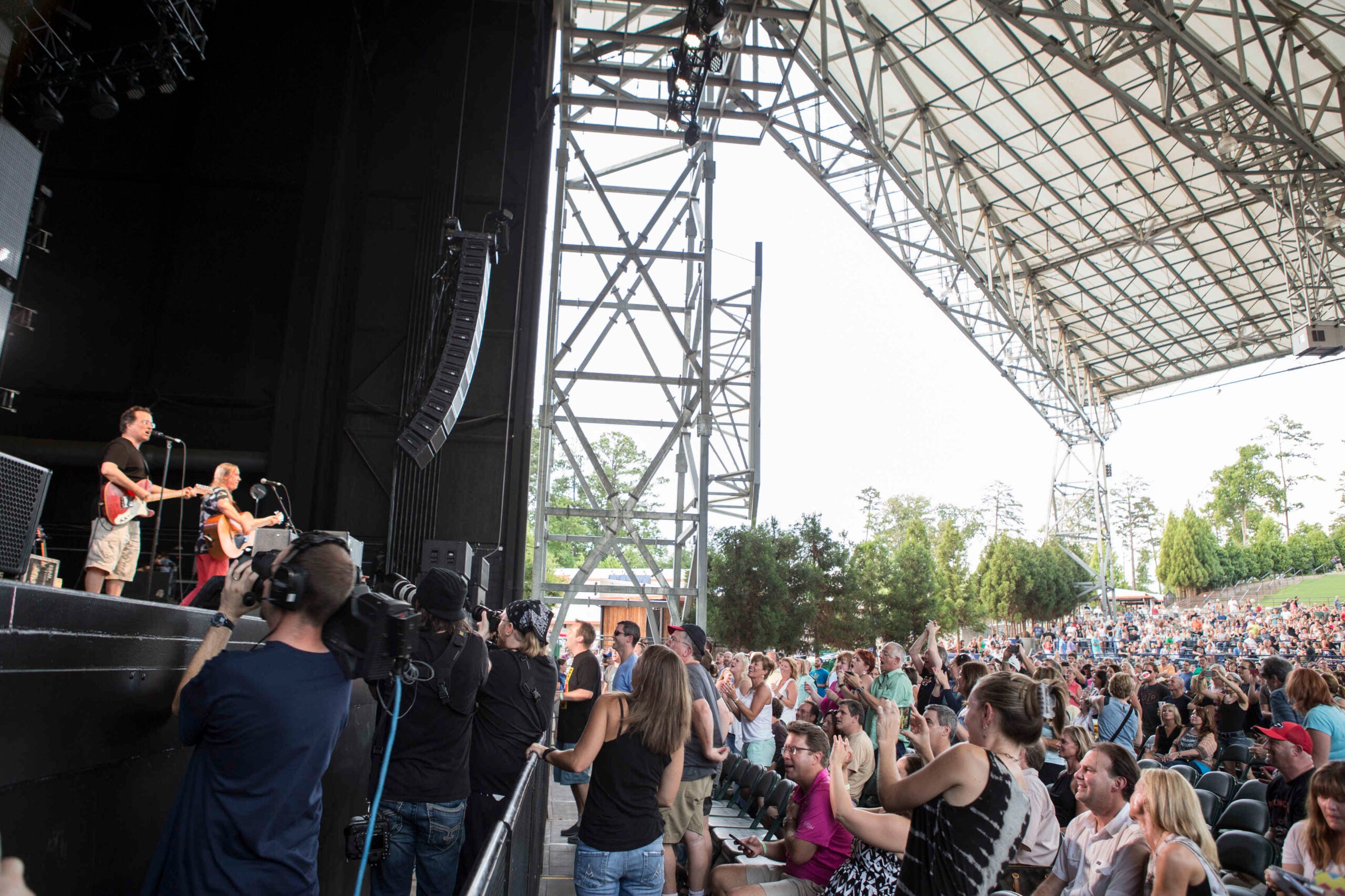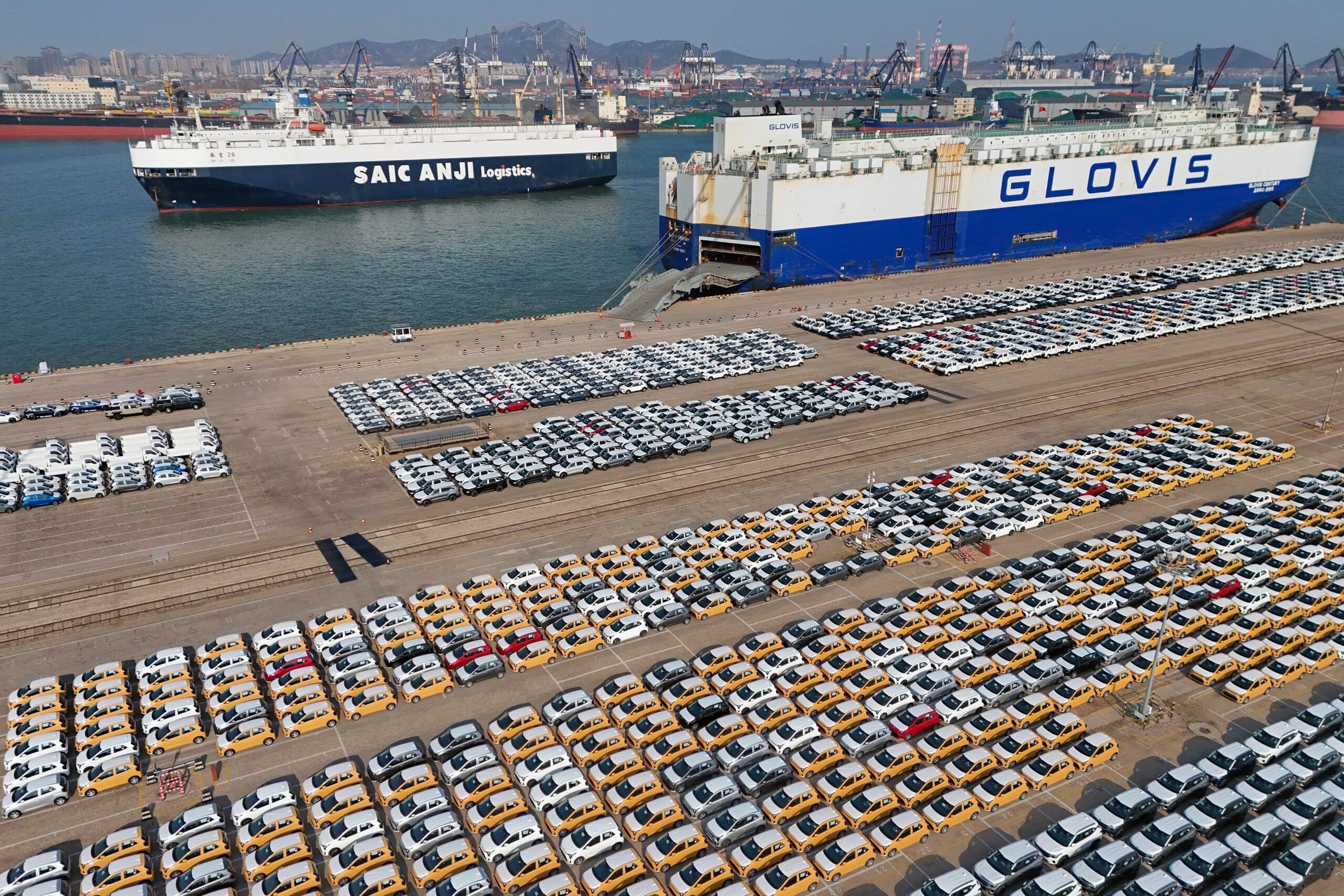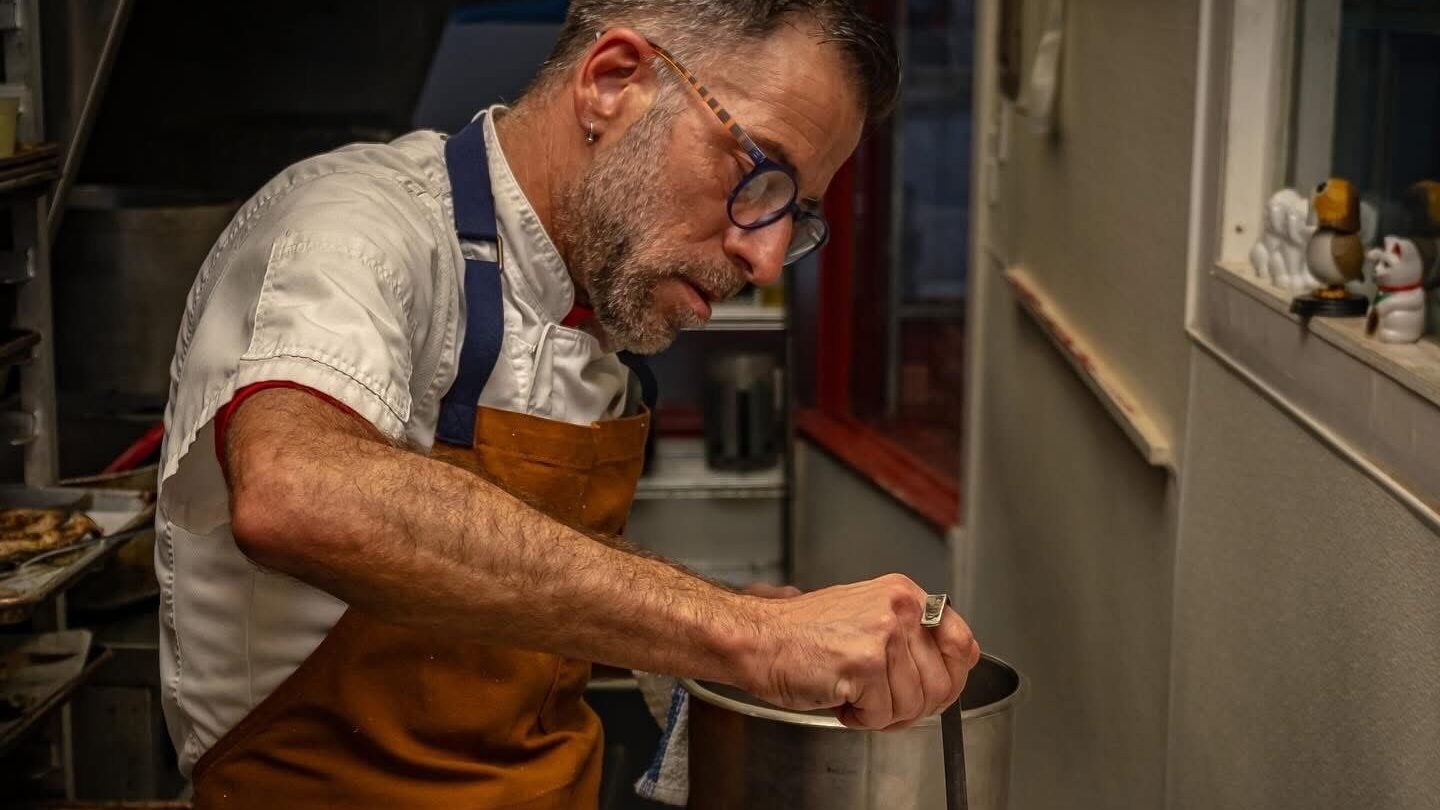Wisconsin is in the thick of the summer concert season. In Milwaukee, Shank Hall hosts multiple live acts every week.
Shank Hall’s owner, Peter Jest, has been a music promoter in Wisconsin for over 40 years, helping to bring in major acts around the state through the relationships he has built in the industry.
Along with co-author Amy Waldman, Jest captured his decades of behind-the-scenes stories in a new memoir, “We Had Fun and Nobody Died: Adventures of a Milwaukee Music Promoter.”
Stay informed on the latest news
Sign up for WPR’s email newsletter.
He spoke to WPR’s “Wisconsin Today” about his unusual path to becoming a promoter, buying his own venue and navigating the evolving landscape of the industry.
The following was edited for clarity and brevity.
Rob Ferrett: What were some of your first steps in getting involved in booking shows and bringing acts into Milwaukee?
Peter Jest: Well, I worked for a promoter, Steve Mandelman, as a runner for a couple months. They went out of business. Then, I was at the University of Wisconsin-Milwaukee and thought this would be a great place for concerts.
They didn’t want to do national bands at UW-Milwaukee. I was so frustrated that I started my own student group called the Alternative Concert Group and started bringing in acts then.
RF: What were some of the bands that you hit on and got into a mid-sized venue before they broke and got really big?
PJ: I had Alanis Morissette, No Doubt, Sarah McLachlan, Jewel, Goo Goo Dolls, Widespread Panic, all playing Shank Hall for the first time. And then I did the first three dates in Milwaukee, Ames, Iowa and Madison of Pearl Jam, the Smashing Pumpkins and the Red Hot Chili Peppers, which is an incredible package. That fills a stadium these days. That was back in like 1991 or 1992.
RF: What made you take the step to open Shank Hall and have your own venue for bands coming through town?
PJ: Well, I knew eventually UW-Milwaukee would find some way to kick me out with my academic record, and Milwaukee needed a club to help develop acts, or bring in acts that were big and on the way down, or just some smaller acts that play 100-to-300-seat rooms.
The room used to be Teddy’s, which was a famous music club in the 1970s in Milwaukee, and then it became a comedy club. They went out of business on New Year’s Eve of 1988. I thought, “That’s a perfect spot to have a base and build acts to Milwaukee, and hopefully they’ll stay with me when they get bigger.”
Unfortunately, as soon as I did that, Live Nation came around. No matter who some people worked with, they just paid all the money to get all the big acts later on. It has still been a great 35 years, and a lot of bands really enjoy playing there. So, it has really gone well.
RF: You talk in the book about relationships you formed with some performers who you worked with over the years, and one that stood out was with Arlo Guthrie. How did that develop over the years?
PJ: It started out just doing a few shows and then taking them to all these cities across Wisconsin, like Oshkosh, Stevens Point, Wausau, Door County, La Crosse, Eau Claire and Madison. And just being with him a while, we got along. His kids were there, which were about my age. We just became friends.
He thanked me on stage. Sarah Lee Guthrie, his daughter, was next to me. I looked really surprised. And she goes, “What are you surprised for? You’re like family to us. You’re like a Guthrie.” And that really stuck with me as a very special moment.
RF: How have you seen the live music industry change over the years?
PJ: There used to be personal relationships with acts. You’d have promoters that would have a territory. The acts would come, and that would be your act. These days, Live Nation just sort of bought all the regional promoters. Then, they merged with Ticketmaster. So, they really have almost a monopoly on the business, especially on big acts.
They can pay so much money. They don’t really care about making money on the show (itself) because they have a $40 service charge, $30 parking and $20 beer. If they get enough people, that’s where they make their money.
It has really just become a suit-and-tie corporate business for Live Nation and all these acts. It’s just about money and making money for the stockholders. So, it has taken a lot of the entrepreneurship that started in the late 1960s and the 1970s out of the business.



